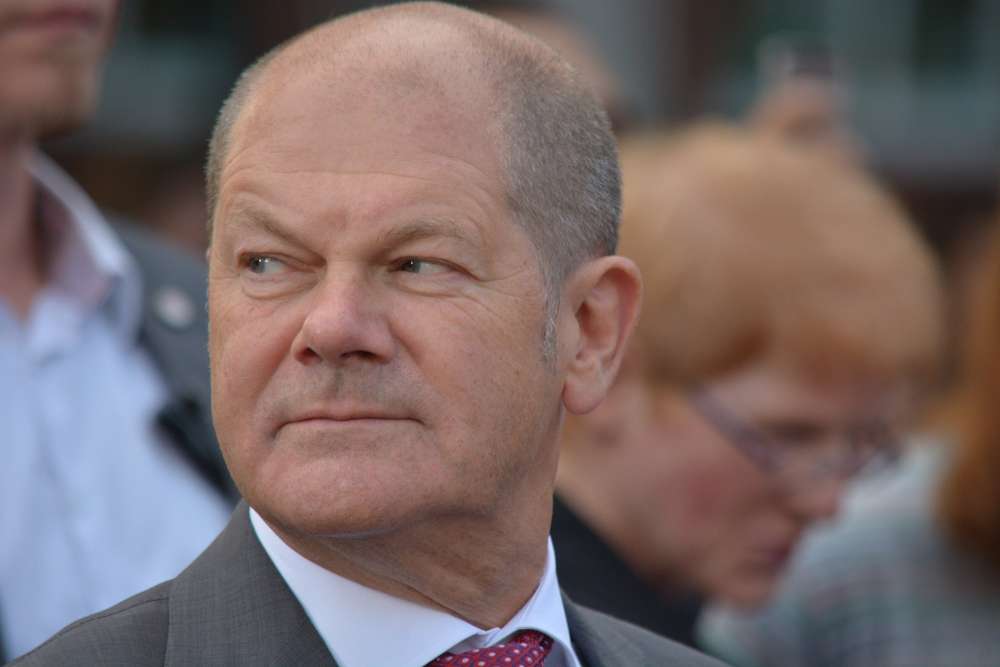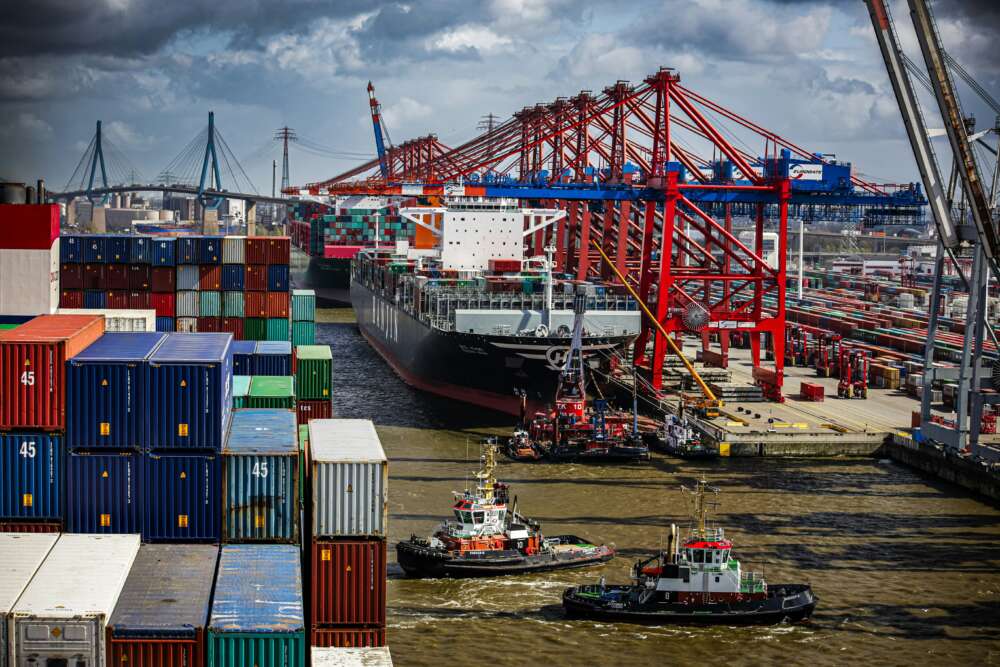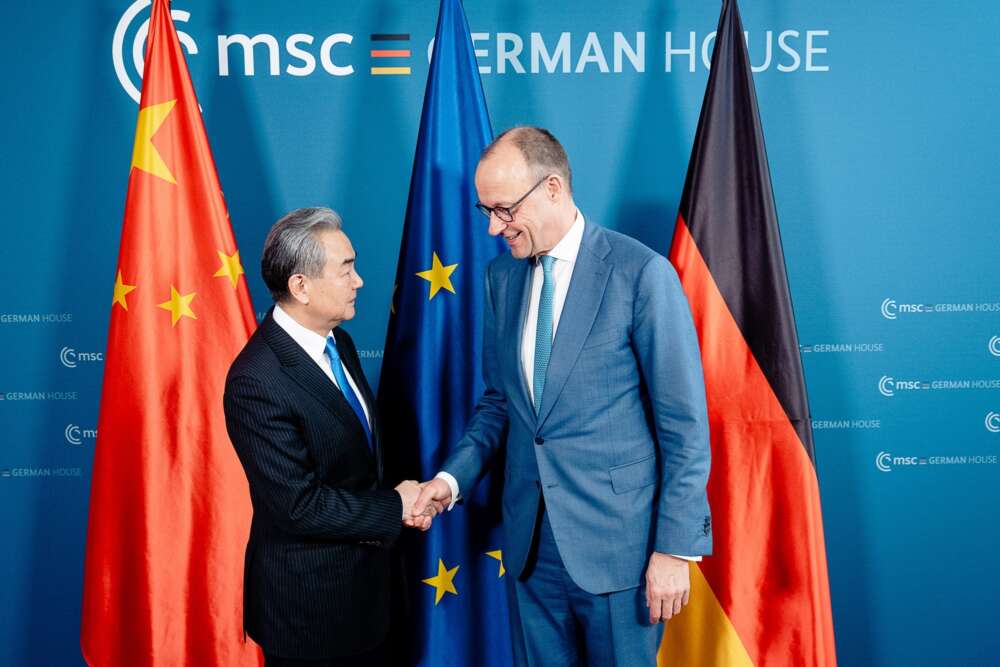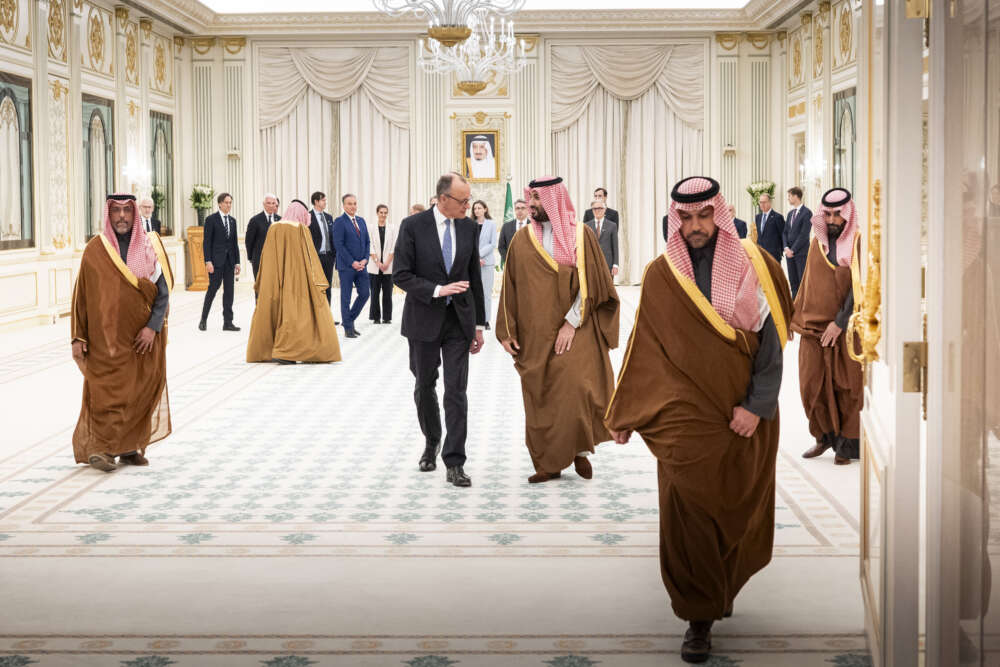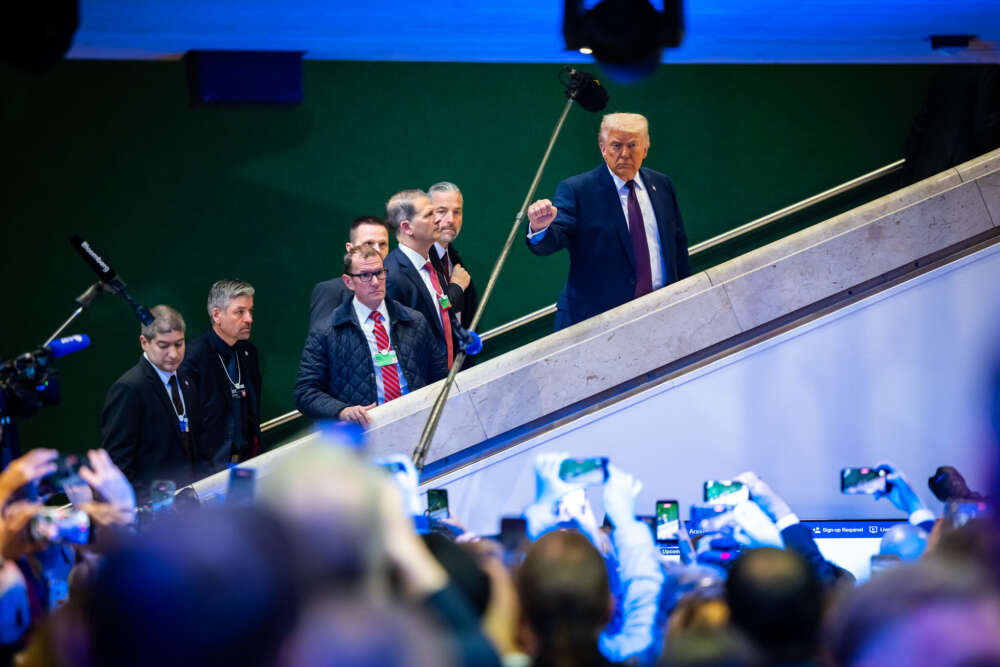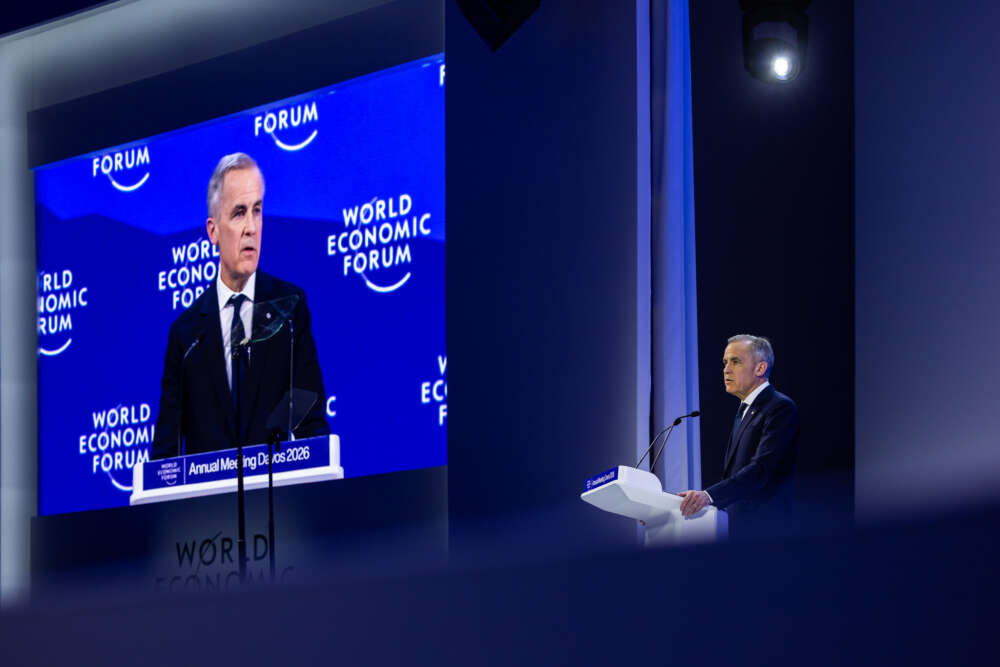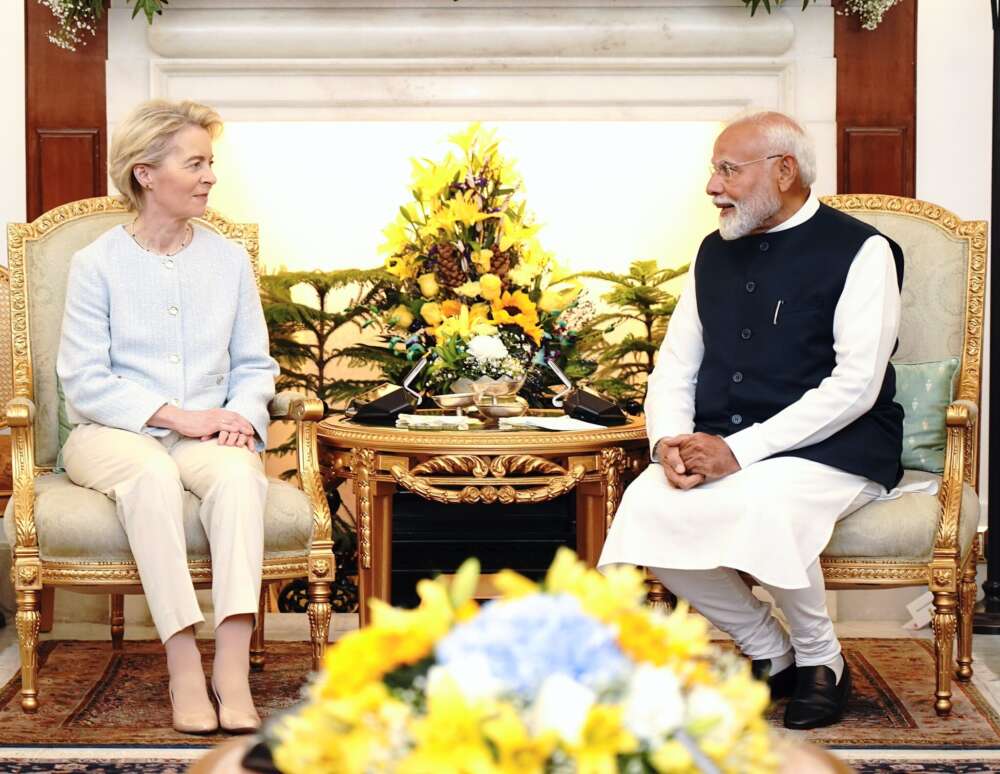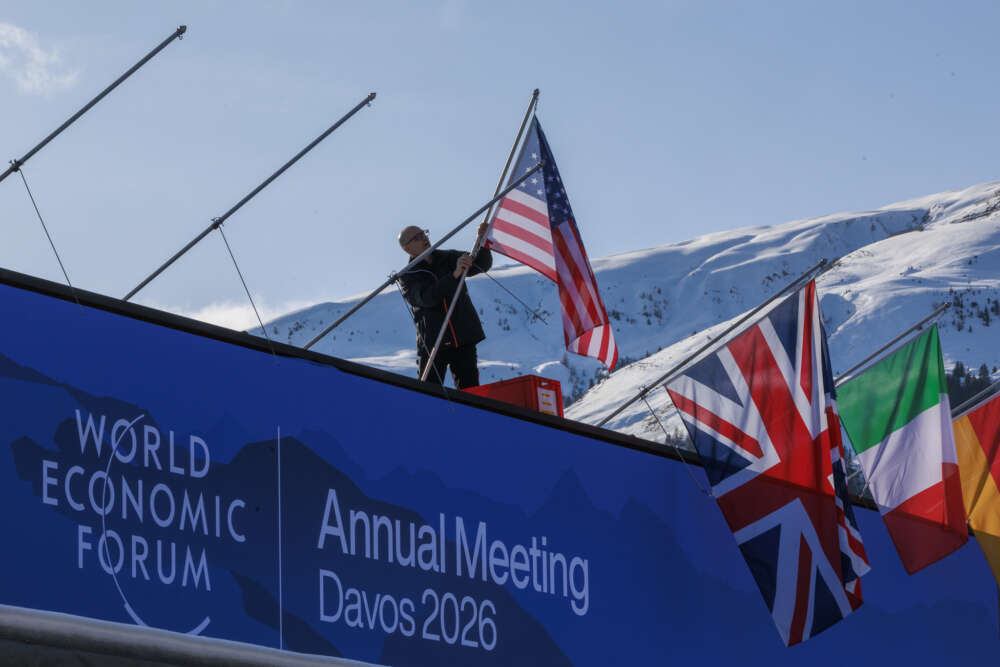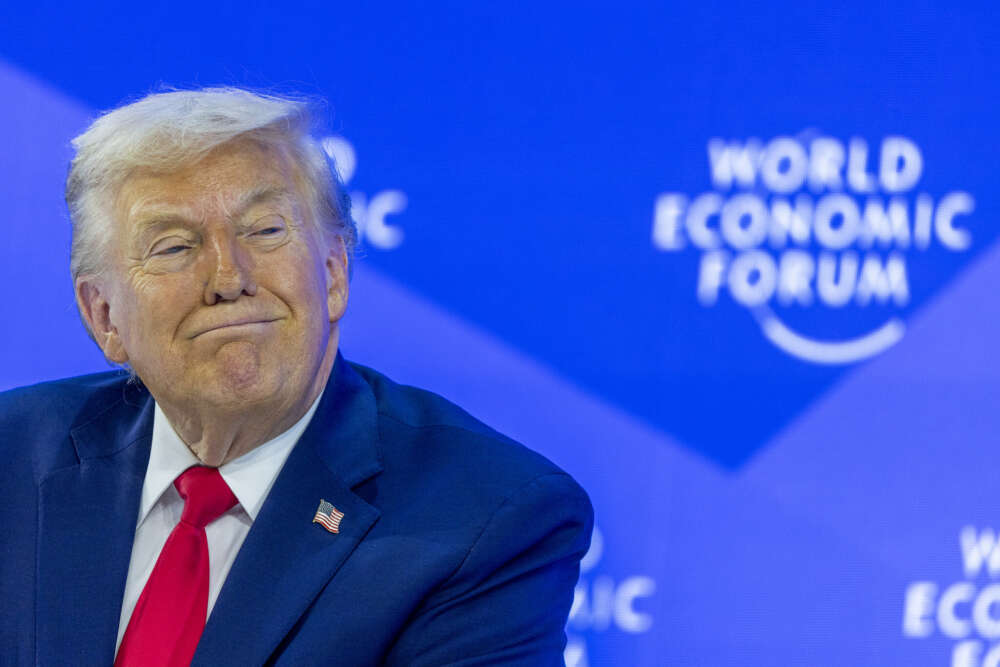This spring, Russia’s war against Ukraine for the first time since February 2022 was no longer the defining political topic in Germany. Zeitenwende (the turning point as which Olaf Scholz characterized the invasion) was eclipsed by the details of the Wärmewende (“heating transition”): how Germans will be having to fundamentally change the way they heat their homes to reduce reliance on fossil fuels, and who will be paying for this. This is a reminder that the political challenges Germany faces in this decade go well beyond dealing with the consequences of Russia’s war and the need for Germany to pay and do more for European security especially in light of the uncertain prospects of the US commitment to NATO. They even go beyond revamping Germany’s China policy to not repeat the mistakes of its Russia policy in terms of dependencies on authoritarian great powers.
Implementing the promise to achieve the zero-carbon energy transition by 2045 in a way that avoids an uncontrolled hollowing out of Germany’s industrial base and the political blowback that comes with an unfair distribution of adjustment costs will likely be a key if not the defining domestic political question in the years to come. There are a lot of concerns and fears about this transition. A clumsy approach by the coalition government on these questions has made it easy for the extreme-right opposition to exploit these fears. The Alternative for Germany (AfD) now polls at more than 20% nationwide. It is the strongest party in East Germany and the second strongest party nation-wide according to recent data. This is remarkable given that Germany did manage to reduce its reliance on Russian gas to zero without the crisis many had predicted. Throughout the winter there was no shortage of gas and Germany also did not slide into a deep recession. The fall and winter of discontent that the extreme left and extreme right had predicted did not happen. But even without a crisis and big demonstrations the extreme right is gaining steadily in the polls. In addition, there will be fierce fights over limits and priorities of government spending in an era with greater need for public investment, a welfare state under demographic pressure and economic volatility. This raises questions on how solid the domestic foundations of the Zeitenwende agenda are, fiscally and in terms of overall political stability.
Olaf Scholz used the shock moment after the start of Russia’s full-scale war to push through a €100 billion special fund to be able invest in Germany’s armed forces that due to decades of neglect had lost much of their combat readiness. That was a bold move for which the chancellor was able to get the support of both his FDP coalition partners and the CDU/CSU opposition both of which would usually be opposed to taking on extra debt. But that was a one off. The €100 billion will not be enough to put Germany’s necessary military and security commitments on a solid footing medium-term. It helps the government to claim it in fact reaches the NATO 2% spending goal next year. But beyond next year funding remains uncertain. A few weeks ago, the German government published its long-awaited first ever National Security Strategy. It is an ambitious document that has one cardinal flaw. The basic message is “Germany has to invest a lot more on security and it will do so without increasing Germany’s overall budget”. That is a recipe for failure. German finance minister Christian Lindner insisted on this formula, even pushing an ode to the debt break in the document. In reality, as I outlined last year, the debt brake is a security risk. Much needed investment in security and transformation risks losing out in increasingly fierce budget fights in the coming years. Right now there is no political majority in parliament for either of the three conceivable routes to increase military, foreign & security spending in line with the Security Strategy’s ambitions: cutting social spending, doing away with the debt brake or higher taxes. Cuts to social spending are opposed by most mainstream parties. The debt brake is the holy grail for the CDU/CSU and the FDP. Higher taxes are opposed by the FDP and therefore not possible within the current governing coalition. Finding a way out of this fiscal deadlock should be an urgent concern also for security policy wonks for otherwise Germany does not stand any chance to make the necessary investments in security (the need for which is only set to grow in the coming years as the US even in the most optimistic scenario about how 2024 will turn out will shoulder less of burden for European security).
Many have criticized Olaf Scholz for being too slow with implementing his Zeitenwende agenda, most of all being too hesitant with supplying weapons to Ukraine. Scholz has countered these critics by stating that he needs to take a majority of a skeptical population along. For Scholz building public support for his policies through careful action is a necessary precondition for Germany to be able to be in this for the long haul and be able to sustain support for Ukraine. Over time, Germany has significantly increased support and is now Ukraine’s second most important partner in terms of military, economic and humanitarian support. And while there was no real justification for not moving forcefully with revamping Germany’s armed forces, even this is moving ahead right now at much greater speed after Scholz exchanged the defense minister and appointed Boris Pistorius earlier this year. And right now, Pistorius can still draw on the €100 billion special fund in addition to the regular budget for the armed forces (where increases right now are eaten up by higher personnel costs). Things will only get rockier in the coming years. There will likely be more overall turbulence within the German political system. And there will be tough budget fights where it’s far from clear how spending on Zeitenwende will fare compared to other priorities.
This commentary was originally published in Agenda Publica on July 13, 2023. It is also available in Spanish.
